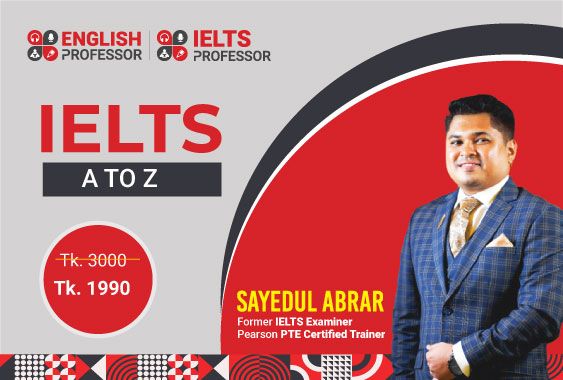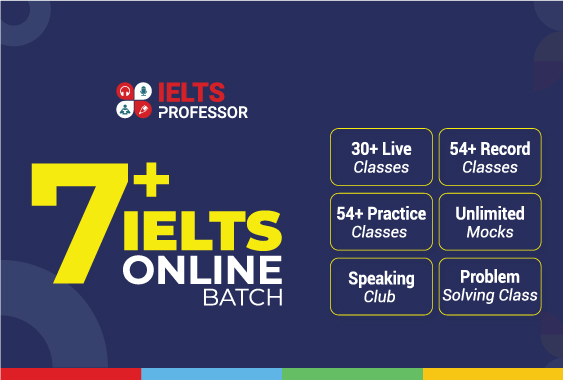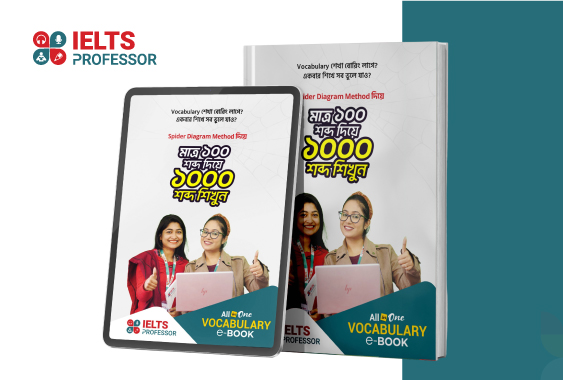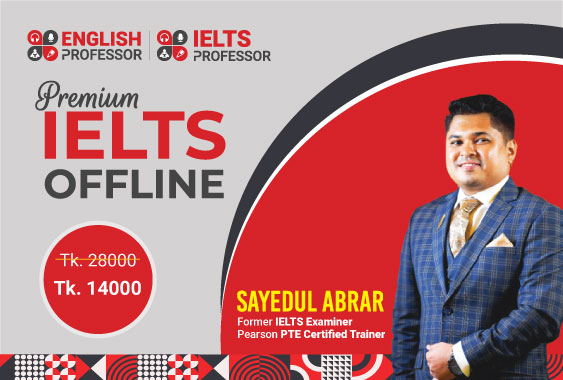
The IELTS exam is one of the most crucial English proficiency tests for students and professionals seeking opportunities abroad. Among the four sections—Listening, Reading, Writing, and Speaking—the Reading section is often considered the trickiest. Many students, especially from Bangladesh, struggle with it due to unfamiliar vocabulary, time management issues, and lack of exposure to different text styles.
Improving your IELTS Reading score is not just about reading more; it's about reading smartly. Understanding question types, practicing under time constraints, and applying strategic skimming and scanning techniques are essential. The IELTS Reading section is designed to test your comprehension skills through a variety of passages—academic or general—depending on your test type. The key to success lies in consistent practice, building vocabulary, and learning how to locate answers quickly within a passage.
Understanding the IELTS Reading Section
Before discussing strategies, it's important to understand
the structure of the IELTS Reading section. It consists of three passages, with
increasing difficulty, and a total of 40 questions. You have 60 minutes to
complete this section, meaning time management is crucial.
Common Challenges Faced by Bangladeshi Students
- Time
Management Issues: Many students spend too much time reading the
entire passage instead of focusing on answering questions efficiently.
- Lack
of Vocabulary: Unfamiliar words can slow down comprehension.
- Understanding
Question Types: Some questions require specific techniques, like
True/False/Not Given or Matching Headings.
- Fear
of Academic Texts: Many students are not accustomed to reading
academic articles, making comprehension difficult.
- Over-Reliance
on Word-to-Word Translations: Translating every word into Bengali
slows down the reading process.
Proven IELTS Reading Tips to Improve Your Score
1. Skimming and Scanning: The Fastest Way to Read
Instead of reading every word, learn to skim and scan:
- Skimming
is reading quickly to get the general idea of the passage.
- Scanning
is looking for specific information, such as dates, names, or keywords in
a question.
Example: Jahir, a student from Dhaka, used to read
the entire passage first, which took him too long. After learning skimming and
scanning techniques, he started scoring higher by locating answers efficiently.
2. Learn to Identify Keywords
Each question has keywords that help locate the answer in
the passage.
- Look
for synonyms and paraphrased words instead of exact matches.
- Underline
or highlight keywords while reading.
Example: In one IELTS test, a question asked about
"effects of pollution on marine life." The passage used the phrase
"consequences of contamination on sea creatures." Understanding
synonyms helped identify the correct answer.
3. Understand Different Question Types
IELTS Reading has various question types, including:
- Multiple
Choice Questions
- True/False/Not
Given
- Matching
Headings
- Sentence
Completion
Each type requires a different approach. Practicing with
past papers can help familiarize yourself with them.
4. Improve Your Reading Speed
Set a timer and practice reading passages within a fixed
time.
- Start
with 20 minutes per passage, then gradually reduce it to 15 minutes.
- Use
apps like ReadTheory or IELTS Official Course for daily
exercises.
5. Develop a Strong Vocabulary
- Read
English newspapers like The Daily Star and The Guardian.
- Note
down new words and learn their meanings in context.
- Use
flashcards and apps like Quizlet for vocabulary practice.
Example: Samia, a student from Chittagong, found the
words "notwithstanding" and "albeit" confusing. After daily
reading practice, she improved her vocabulary and scored 7.5 in IELTS Reading.
6. Time Yourself During Practice Tests
Practicing under exam conditions is crucial. Take
full-length mock tests regularly.
- Allocate
exactly 60 minutes per test.
- Avoid
distractions and create a real test environment.
7. Read a Variety of Texts
IELTS passages come from books, magazines, and newspapers.
To prepare:
- Read
articles on science, history, and current events.
- Try
platforms like BBC News, National Geographic, and Scientific
American.
8. Don’t Leave Any Question Unanswered
There is no negative marking in IELTS. If you are unsure
about an answer, make an educated guess instead of leaving it blank.
9. Work on True/False/Not Given Questions
These questions are tricky because "Not Given" can
confuse test-takers. If you cannot find direct evidence in the passage, the answer
is usually "Not Given."
10. Stay Calm and Confident
Nervousness can affect performance. Before the exam:
- Get
enough rest.
- Eat a
healthy meal.
- Stay
positive and trust your preparation.
Summary
Improving your IELTS Reading score requires strategic
preparation. By using techniques like skimming, scanning, and keyword
identification, you can answer questions more efficiently. Regular practice,
vocabulary enhancement, and exposure to different text types can also help.
Remember, IELTS is not just about testing English skills—it’s about smart exam
strategies.
FAQ Section
1. How can I improve my reading speed for IELTS?
Practice skimming and scanning, and read different articles
daily.
2. How much time should I spend on each passage?
Around 20 minutes per passage, ensuring all 40 questions are
answered.
3. What is the hardest question type in IELTS Reading?
Many students struggle with True/False/Not Given questions.
4. Can I use a dictionary during the IELTS Reading test?
No, dictionaries are not allowed in the exam.
5. How do I handle unknown words in the passage?
Use context clues and avoid translating into Bengali.
6. Should I read the questions first or the passage first?
It depends on your strategy, but reading questions first
helps locate answers faster.
7. How can I stop running out of time in the IELTS Reading section?
Practice time management with mock tests.
8. Does practicing with past papers help?
Yes, past papers give you an idea of real exam difficulty.
9. Can I get a high score without strong vocabulary?
It’s possible but difficult. A strong vocabulary improves
understanding.
10. How often should I practice before my test?
Daily practice for at least one month before the test is
recommended.
By following these IELTS Reading Tips, you can
improve your score and achieve your desired band effortlessly.














